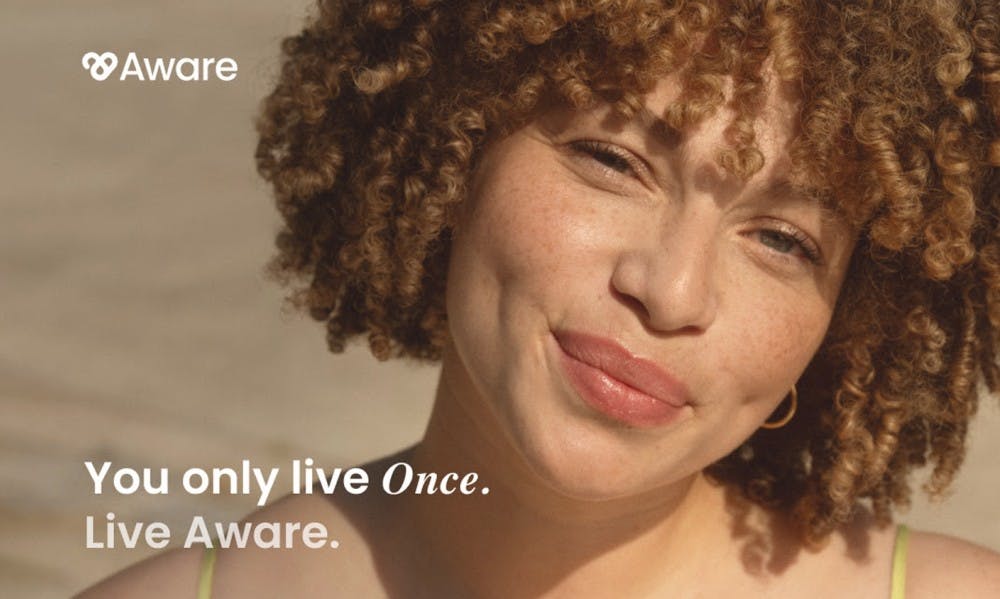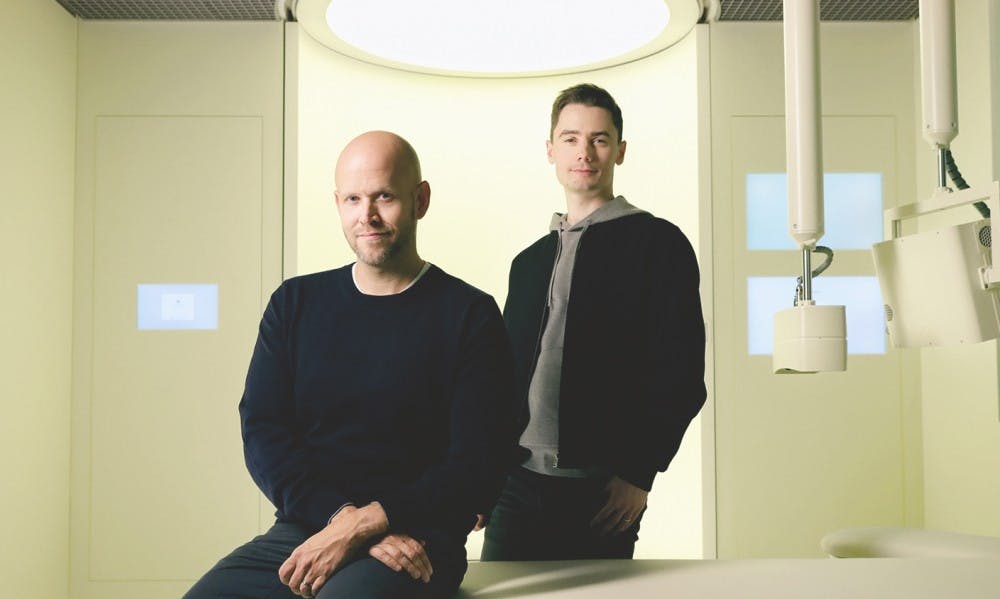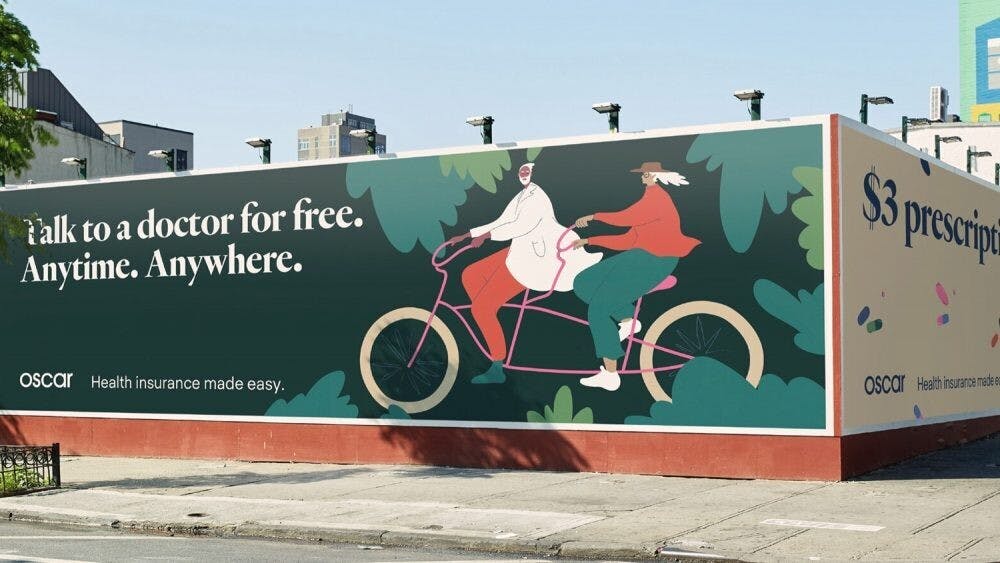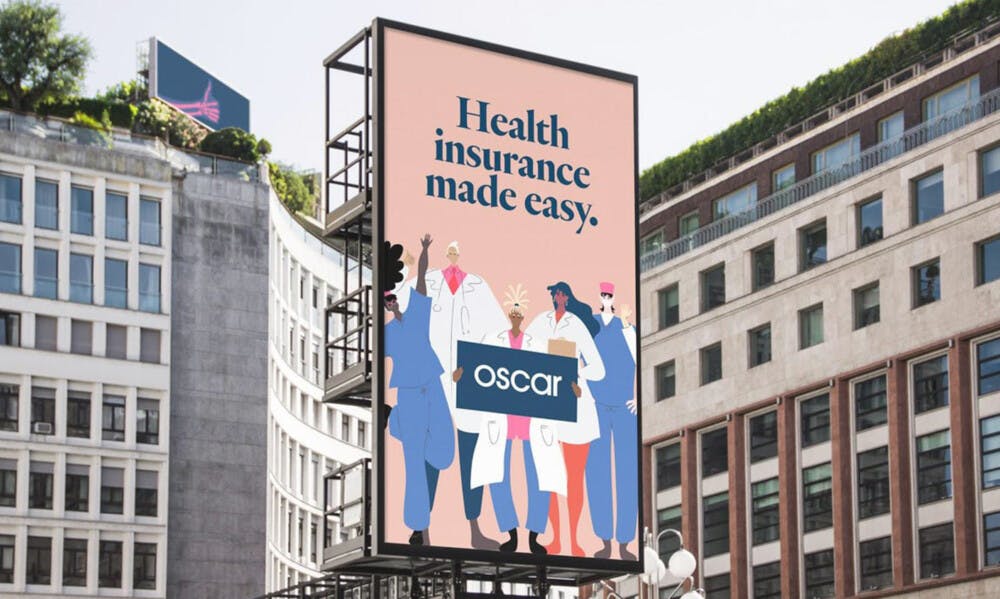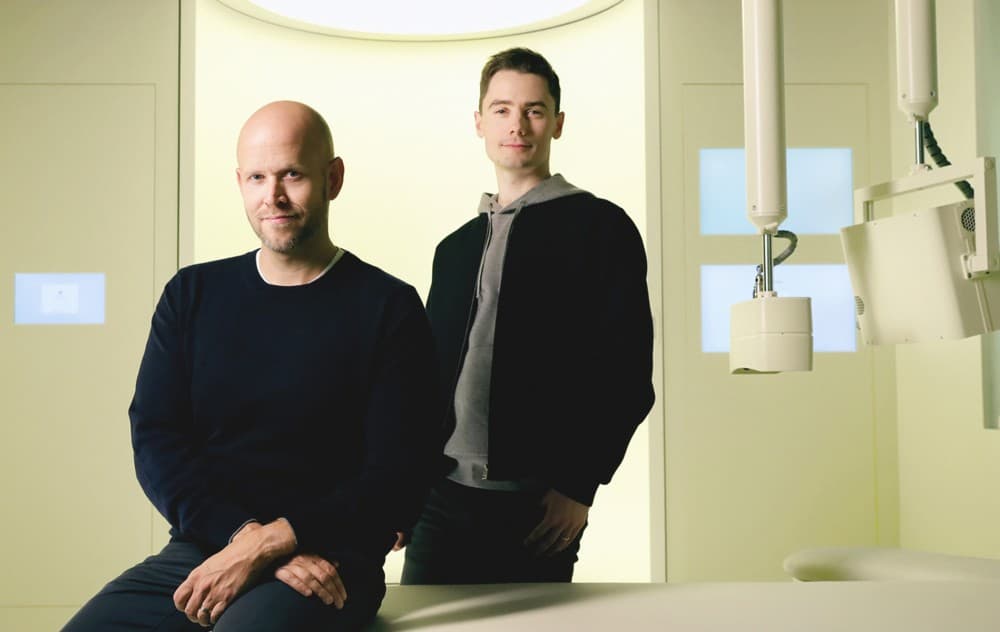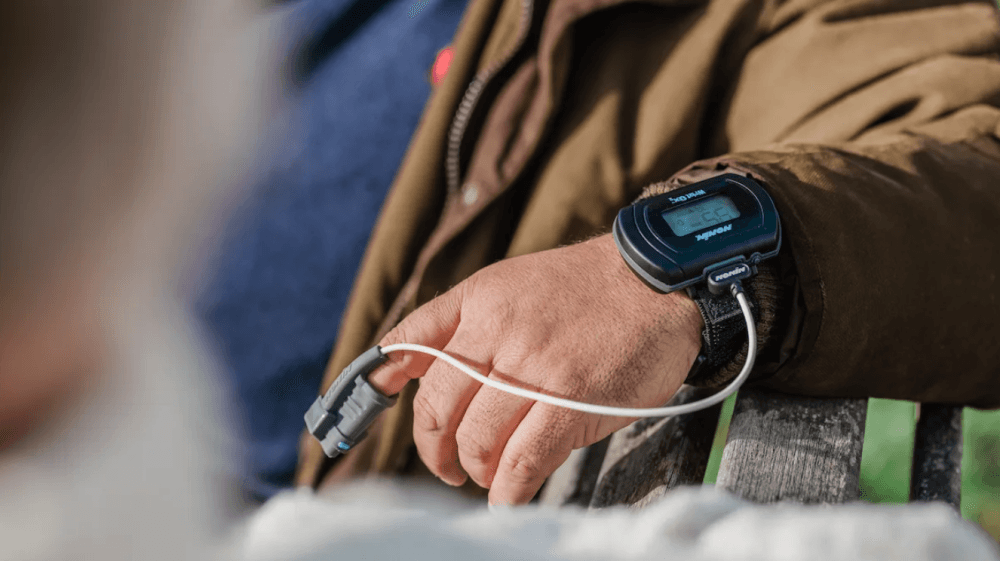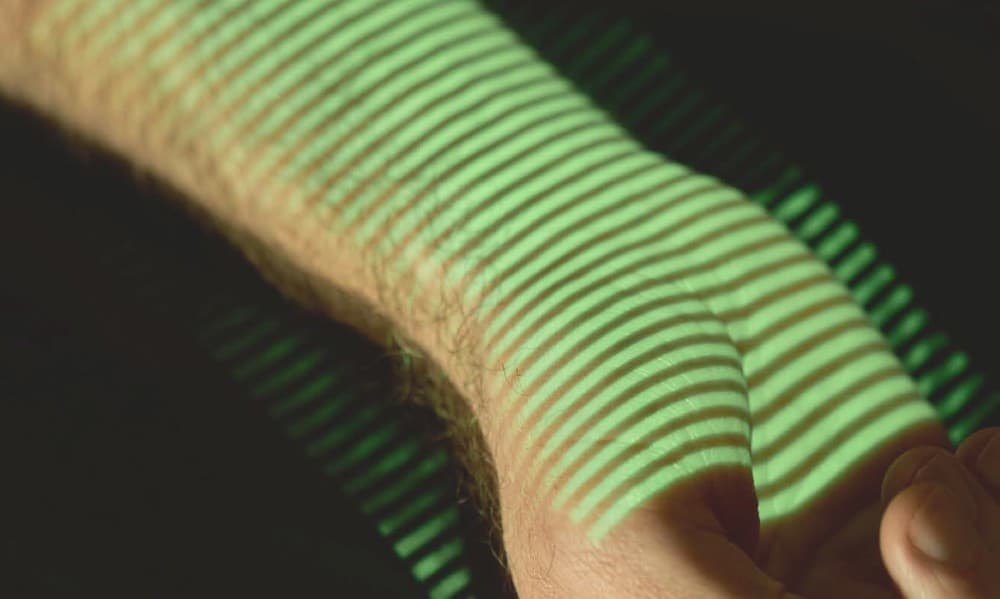Founders' Stories|
A tech revolution in US health insurance
There are two big problems with US health insurance: it is largely paid for by employers which leaves patients out of the transaction; and it uses antiquated technology in its business. So when I was invited to join Oscar Health whose mission is to use disruptive technology to redefine the consumer experience, I was intrigued.
Brian West, CFO & EVP OPERATIONS, OSCAR HEALTH
After 25 years of working for big global companies such as GE and Nielsen, I wanted to become involved in a start-up, and Oscar’s plans looked like a very attractive and long overdue change in health insurance with a real chance of success. I joined in 2016 when Oscar employed about 200 people and had 44,000 members. Today it has 800 employees in 11 markets with 240,000 members, which has tripled in a year, and revenues of USD1 billion.
There are plenty of large competitors in the business – giants such as Unitedhealth Group, Aetna and the regional Blue Cross Blue Shield groups. Their insurance is largely sold to employers and reflects their needs rather than those of consumers – they are basically B2B businesses. And they have largely grown big by acquisitions, combining IT systems and creating complexity which is way behind modern, consumer-oriented systems. Oscar’s aim is to help consumers spend what averages as 20 per cent of US income in the ways that meet their needs, rather than the needs of employers.
Our experience shows that we have a business model which can change healthcare by using technology to drive consumerism
The company was founded in 2012 by two Harvard graduates: Mario Schlosser, whose wife was having a baby and Josh Kushner who had been treated for a sprained ankle. They both realised that they could not understand the complicated hospital billing systems, and that the system could only be improved by putting patients at the centre of the transaction. They named the company Oscar after Kushner’s great-grandfather to introduce a human element. Since then, there have been several rounds of financing of Oscar, with Lakestar becoming the first non-US investor in 2016 in an otherwise over-subscribed round.
Oscar offers consumers main plans to address their different needs, each of which has four levels of patient contributions. These allow patients to choose a plan which they can afford and suits their circumstances– from heavy users to people who just want cover for peace of mind. With the Backup Plan, for example, patients pay for all healthcare up to one of four maximum levels which they select. After this maximum has been paid, all covered services are free (with some specified exceptions).
There are several innovative benefits that come with the plans. The first health insurance start-up in the US for years, it offers unlimited free telephone consultations and free annual physicals for all. It has dedicated concierge teams who find doctors for patients and check their availability, give medical advice and help manage chronic conditions. The whole system can be accessed using state-of-the-art technology, the Oscar app or online at hioscar.com.
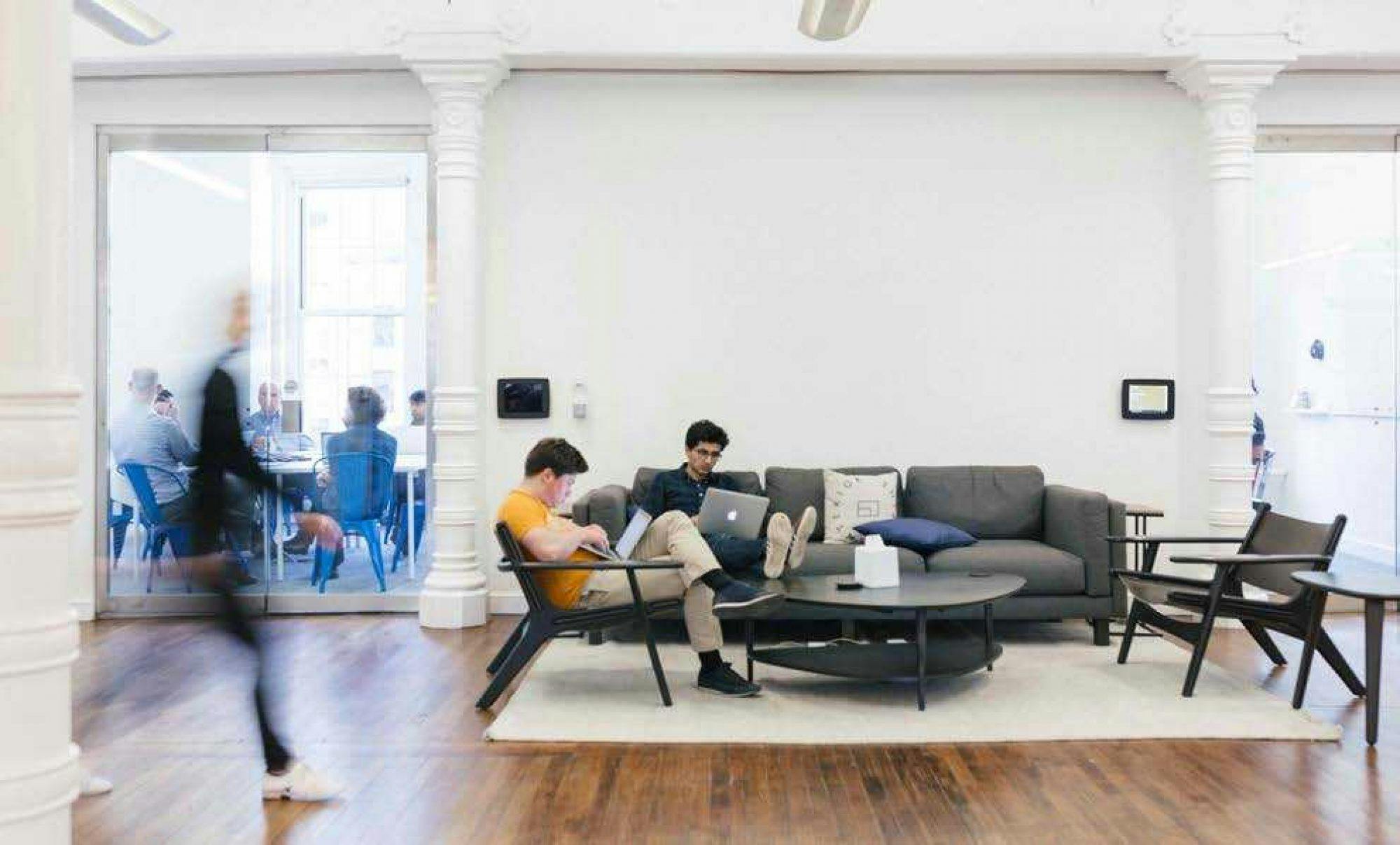
Like online providers in other industries, we can use our patient data to improve our services, such as by identifying preventative measures before care is needed. And we can analyse how to access care in where possible to reduce use of the Emergency Room which can be costly, but to get it is essential. This reduces costs which are onerous in the US, especially if we work with likeminded hospital partners who can see the advantages of keeping people out of hospitals.
Our consumer data shows that using an Oscar plan is a completely different user experience. While only around 3 per cent of US health insurance users engage with their website or app, our numbers show that engagement with Oscar is at much higher levels. Nine out of ten of our consumers download our app and sign up for an online account, and 50 per cent interact with us on a weekly basis.
And 40 per cent of our membership in New York where we have been operating for the longest have come to us by word of mouth. This is rare in the US where people do not talk about their insurance company and would not typically recommend it to a friend or family member.
In the early years, our policies were favoured by millennials who liked the interaction, but today, our consumers reflect the demographics of our US markets – old/young, high/low income, healthy/sick
In the early years of Oscar, our policies were favoured by millennials who liked the interaction. But it is interesting that our consumers now pretty much reflect the demographics of our markets – old/young, high/low income, healthy/sick and so on. The older consumers like what the young consumers get from Oscar, and this has given us a more stable underlying risk pool and access to a more balanced demographic profile.
We hope to move into another five markets during 2018 and each year afterwards. We usually expand city by city: big healthcare centres like New York, Los Angeles, San Antonio, Nashville and Cleveland are where the hospitals and doctors are, and are regional rather than national centres. We expect to reach a couple of million members over the next three or four years, picking up 10–20 per cent of market share.
This does not mean going after the big groups, because by continuing to make our products more attractive, we can grow with everybody. And when we enter a new city region, we sign up independently-minded doctors and physicians who find our model attractive and see that it can make money for them.
In the last 12–18 months, there have been lots of headlines about healthcare which have made some companies pull back from the market, perhaps with concerns about the Affordable Care Act (often known as ‘Obamacare’). But looking into what is going on, nothing much seems to have changed: the Affordable Care Act gave 15 million Americans access to healthcare which they did not previously have, and it is very unlikely that 15 million consumers will be turned away.
The talk now is about working with the system to make it better, and we believe that the Affordable Care Act is sustainable over time. We are also beginning to diversify by selling Oscar Health policies to small employers. And we can see opportunities to replicate our business model outside the US, which could be very attractive in bringing in big revenues and improving patients’ experiences in markets which often have less complex regulation than the US.
For the moment, however, there is still much to do at home. Our experience shows that we have a business model which can change healthcare by using technology to drive consumerism. Oscar Health insurance is a product that is attractive and in demand wherever we start selling it in the US.
